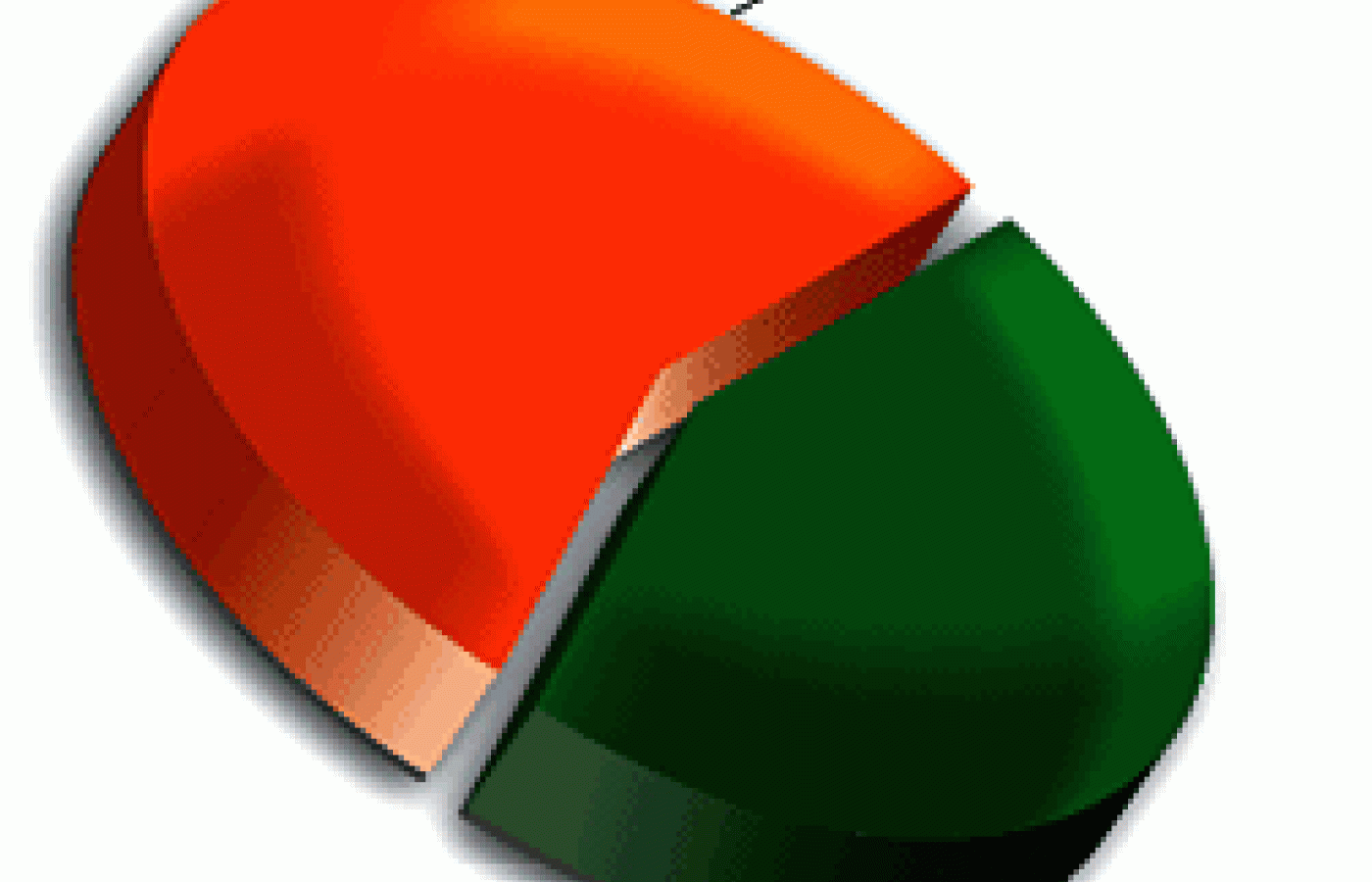The most important relationship I seek to nurture in the treatment room is the one a patient has with their own body. We live in a culture that teaches us to override pain, defer to outside authority, and push through discomfort. Patients often arrive hoping I can “fix” them, but the truth is, we can’t do the work for them. We can offer guidance, insight and support, but healing requires their full participation.
Acupuncture Poll
The Acupuncture Poll question for August 2005 was:
In your opinion, is the randomized, controlled trial an appropriate format for measuring the effectiveness of acupuncture?
Results:

These results are based upon 79 responses. As this is a voluntary, non-scientific survey, caution should be used in generalizing the results. The following is a sample of the comments received in response to the poll, along with how that person voted:
No: With "sham acupuncture" often nearly as effective as "real acupuncture," we clearly need to use a method that is larger than the scientific method of separation of variables. Our medicine is inclusive, and not separable.
Yes: While a randomized, controlled trial may not be the only format, it is certainly the gold standard for medical research. If our methods work, then the results will be borne out by the studies. If not, then we have to eliminate ineffective treatment protocols and develop better ones.
No: This form of study requires a simple, singular object and is not accurate for multivariate testing. The real world is full of variables, so conclusions reached would be very limited. Pharmaceuticals do well in single-controlled studies, but watch out when they hit the market and cause a lot of pain, suffering, and more grief. There would be less side-effects if the testing model was more realistic.
No: "Sham" acupuncture could still have an effect on the body. It's not the same as a placebo.
Yes: I think the randomized treatment is important for acupuncture research. It is a basic rule in scientific research.
To vote in the current Acupuncture Poll, or to review comments and responses to previous poll questions, visit acupuncturetoday.com/acupuncturepoll.



